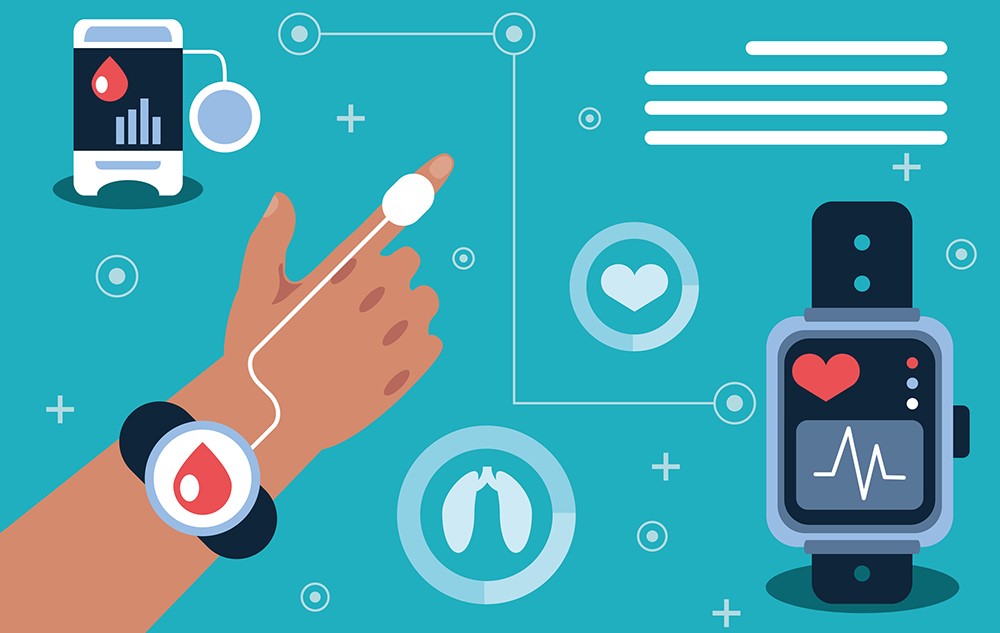
In a groundbreaking development, researchers from Emory University have harnessed the power of deep learning and electronic health records (EHR) to create a tool that can identify potential early signs of diabetes using routine chest radiographs. This innovative deep-learning model holds the potential to revolutionize diabetes detection and prevention strategies, offering a glimpse into a patient’s risk even before overt symptoms manifest.
Here’s a closer look at this transformative technology:
The Diabetes Challenge
Diabetes, a widespread and potentially debilitating chronic condition, has been on the rise, necessitating effective early detection methods. The conventional screening approach, which relies on criteria such as body mass index (BMI), may overlook at-risk patients, particularly those from diverse racial and ethnic backgrounds.
Unlocking the Potential of Chest Radiographs
Enter the deep learning model, which capitalizes on chest X-rays, a routine diagnostic tool, to unveil hidden insights. These images, residing within a patient’s EHR, serve as an “opportunistic” source of information, offering a unique pathway to predict diabetes risk.
How It Works
The researchers embarked on a journey to train a deep learning algorithm using an extensive dataset of 270,000 chest X-ray images from a cohort of 160,000 patients. Unlike traditional diabetes risk prediction methods, this model delves into the subtle cues hidden within radiographs. It focuses on the location of fatty tissue within the images, a factor intricately linked to diabetes risk.
Results and Promise
Upon validation, the model’s effectiveness shone through. It outperformed models relying solely on non-image clinical data and demonstrated the ability to predict high diabetes risk up to three years before an official diagnosis. This temporal advantage is critical for personalized treatment and early intervention strategies.
Shaping the Future of Diabetes Care
The implications of this innovation are profound. Care providers can now leverage this AI-powered tool to identify patients at risk of diabetes, enabling timely preventive measures or treatment adjustments. Moreover, the model’s integration into EHRs could prompt expanded diabetes screening efforts, aligning with evolving medical guidelines.
A Glimpse Into the AI-Driven Tomorrow
Emory University’s groundbreaking research showcases the potential of AI to reshape disease detection and prevention paradigms. By marrying deep learning with chest radiographs and EHR data, we unlock a treasure trove of insights that can shape individualized care and foster healthier outcomes. As this technology evolves, it holds the promise of empowering medical professionals to intervene earlier, improve patient well-being, and usher in a new era of proactive healthcare.





